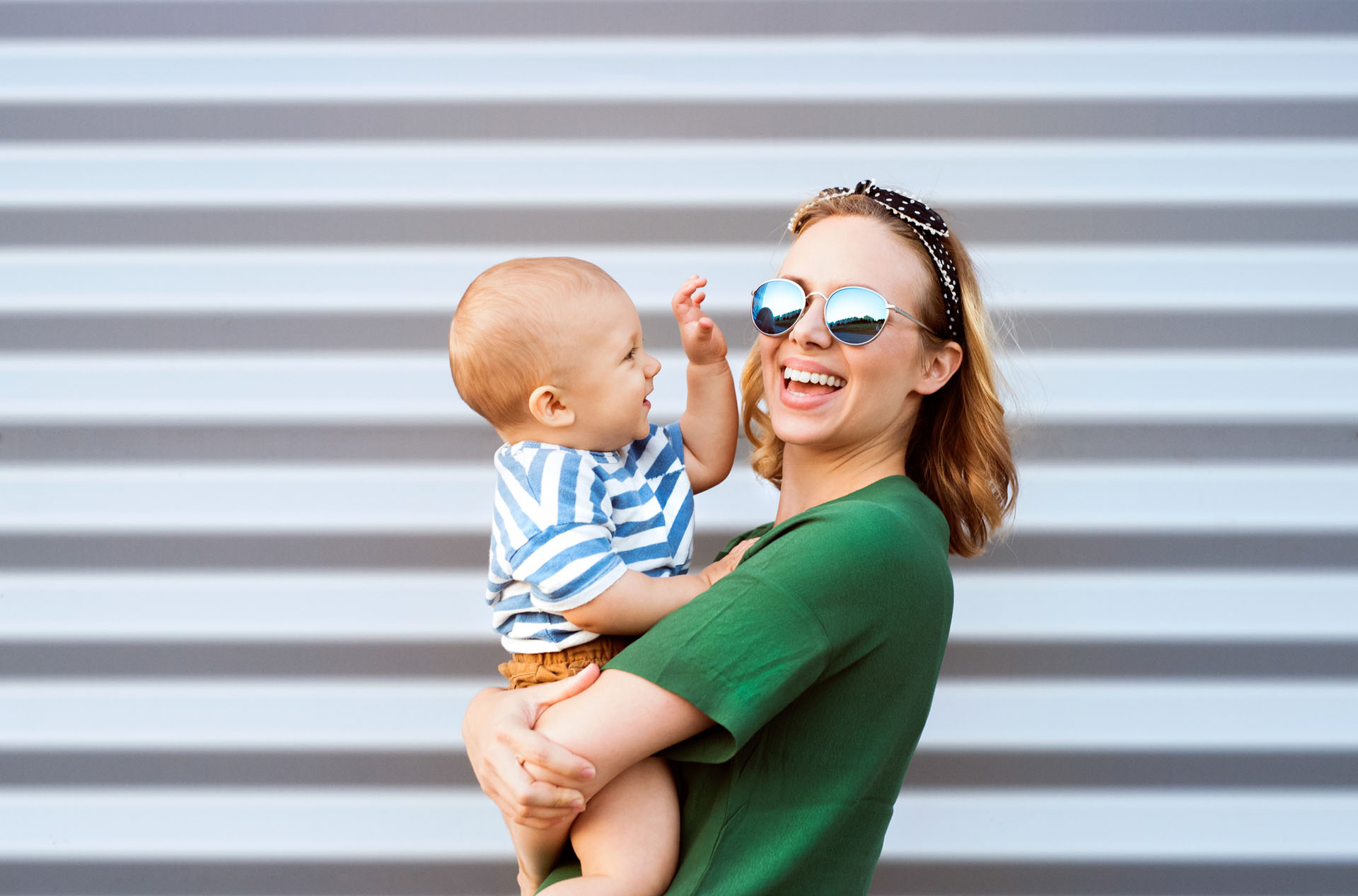Toddler
4 min Read
5 ways to help you and your child cope while you’re away

August 6, 2019
Toddler
4 min Read

August 6, 2019

As a member of the Jennifer Jones rink that won gold in women’s curling at the Sochi Olympics, Jill Officer stood atop the podium as a champion, but also as a mom who dearly missed her two-year-old daughter Camryn, back home in Winnipeg.
Jill and her husband, Devlin Hinchey, agreed that Devlin would stay home with Camryn for the first two weeks of Jill’s absence, and that Camryn would stay with her aunt and uncle for the following two weeks after that (while Devlin joined Jill in Sochi). “I kept telling myself that hopefully one day, she would understand why I left her for a month,” says Jill. “I hoped that she would appreciate the fact that her mom was an Olympian. I knew that she would be in good hands, but of course I had a really hard time leaving her.”
It’s important for parents to manage their pre-trip anxiety, says Dr. Christina Rinaldi, a professor of educational psychology at the University of Alberta (and a mom of two).
“Children pick up on their parents’ stress signals. Because a toddler’s expressive verbal skills are not as developed as her receptive skills, she might not be able to verbally communicate how she feels.”
Since most toddlers don’t understand the concept of time the same way older children or adults do, Dr. Rinaldi suggests talking to your child about your absence just a few days before it happens.
Prior to her departure, Jill remembers, “I bought a stuffed polar bear from The Bay’s Olympic collection. Camryn wanted it right away, but I told her it was Mommy’s bear and I built it up a bit before going to Sochi. When I did leave, I asked her to look after the special bear while Mommy was at the Olympics.”
While it can be difficult to leave your little one behind, there are positive aspects as well. If you’re taking a vacation, the break may help you recharge your parenting batteries. Dr. Rinaldi points out that it’s also healthy for children to have close bonding experiences with other adults, because “it helps them learn to trust in safe environments and understand that others can care for their needs.”
Looking back on her month in Sochi, Jill admits: “I missed Camryn like crazy, but I think the time apart helped build her independence.” So, whatever the reason for your absence, trust that your little one will be okay. Chances are that when you return, the hug of her arms around your neck will feel as good as a gold medal.
Here are some ideas to make it easier for you and your child during your absence:
Originally published in ParentsCanada magazine, August/September 2014.